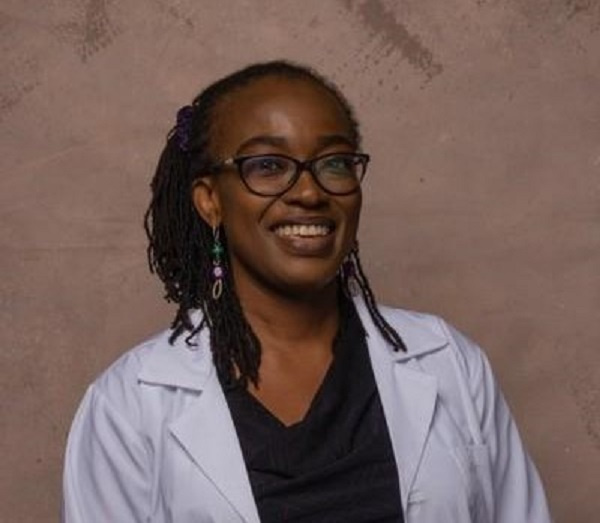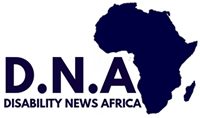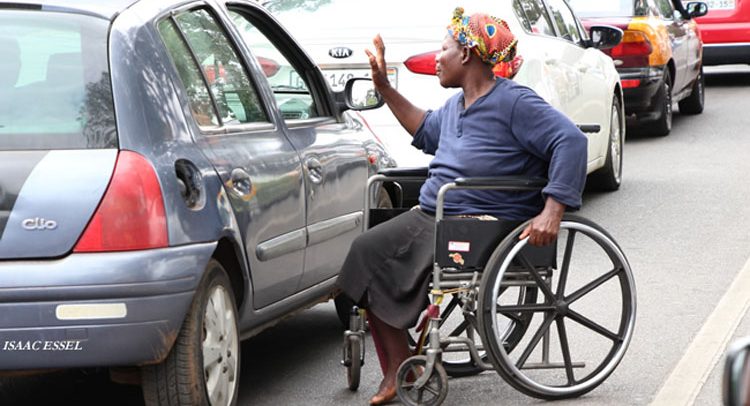
A health expert has urged government and health sector stakeholders to develop a centralised data system on persons living with disability (PwD) for easy information accessibility.
Dr Marilyn Marbell-Wilson, a Medical Director of Mission Pediatrics who made the call said such a database would provide adequate information of the different PwDs groups, geographical distribution, help develop targeted policies to address their challenges, and to promote proper allocation of available resources.
Speaking at a virtual Africa Disability Conference organised by Dislabelled Organisation in Accra, she expressed worry over the country’s inability to improve the living conditions of PwDs, particularly in accessing healthcare, saying that, the country had barely made progress since it passed the Disability Act, (Act 715), in 2006.
Dr Marbell-Wilson, among other things, attributed this to the lack of a centralised database to inform government, healthcare providers, and policymakers on the total number of PwDs and their geographical locations, as well as the challenges such persons faced in accessing healthcare.
She was speaking, on the topic “Promoting Equitable Health Access.”
The conference, held under the theme: “Challenging and Changing the Disability Narrative in Africa”, was aimed at soliciting experts’ views to address gaps in the disability terrain and to shed light on the great work that individuals and organizations were doing to improve the life of PwDs across Africa.
It also focused on exploring innovative and contextualised solutions for disability advocacy organisations and practitioners in Africa.
According to the World Bank, one billion people, or 15 per cent of the world’s population, experience some form of disability.
In Africa, it is estimated that 60-80 million people are living with disabilities while in Ghana, the Ghana Statistical Service projected that three per cent of the country’s population had one type of disability or the other.
Ghana in 2006, passed the Disability Act, (Act 715), to provide for the rights of disabled persons in accordance with article 29 of the 1992 Constitution, to establish a National Council on Disabled Persons to attend to the interests of disabled persons and to provide for related matters.
In 2007, the country also signed the United Nations Convention on the Rights of People with Disabilities and became the 119th country in the world and 32nd in Africa when it ratified it in 2012, to protect the rights of disabled people and empower them for full social participation.
Dr Marbell-Wilson, who is also a Neurodevelopmental Pediatrician urged government and healthcare providers to take advantage of technology to provide health services for persons living with disabilities.
She said this would eliminate the infrastructure deficiency challenge and deliver faster healthcare for PwDs in hard to reach communities.
Dr George Ikpokomitop, a Medical Doctor and Disability advocate called for the inclusion of PwDs management in the training of health practitioners, to improve on their awareness levels to curtail issues of stigmatization.
“Stigmatization is the biggest challenge for PwDs to access healthcare and this is as a result of poor awareness, even from healthcare providers. We need to incorporate in healthcare providers training on how to manage the bad deal with PwDs to address the issue of stigmatization at healthcare facilities,” he said.
He also called on African governments and health sector stakeholders to engage and include PwDS in every policy formulation, to ensure that the pertinent challenges were captured and addressed.
The conference brought together more than 200 healthcare professionals, disability advocates, PwDs, among others, from across over 20 Africa countries and the world, including Ireland.
Source: GNA







